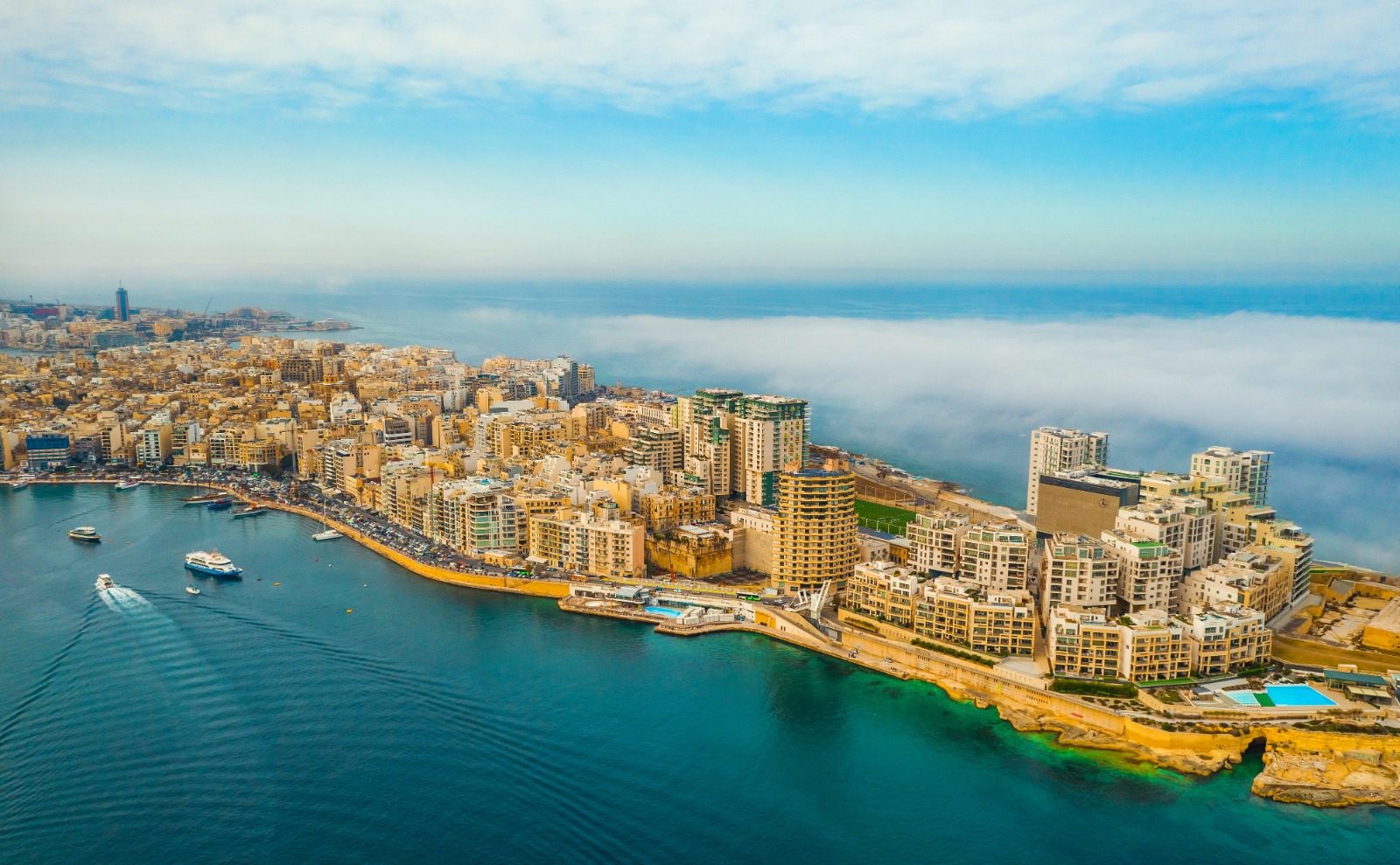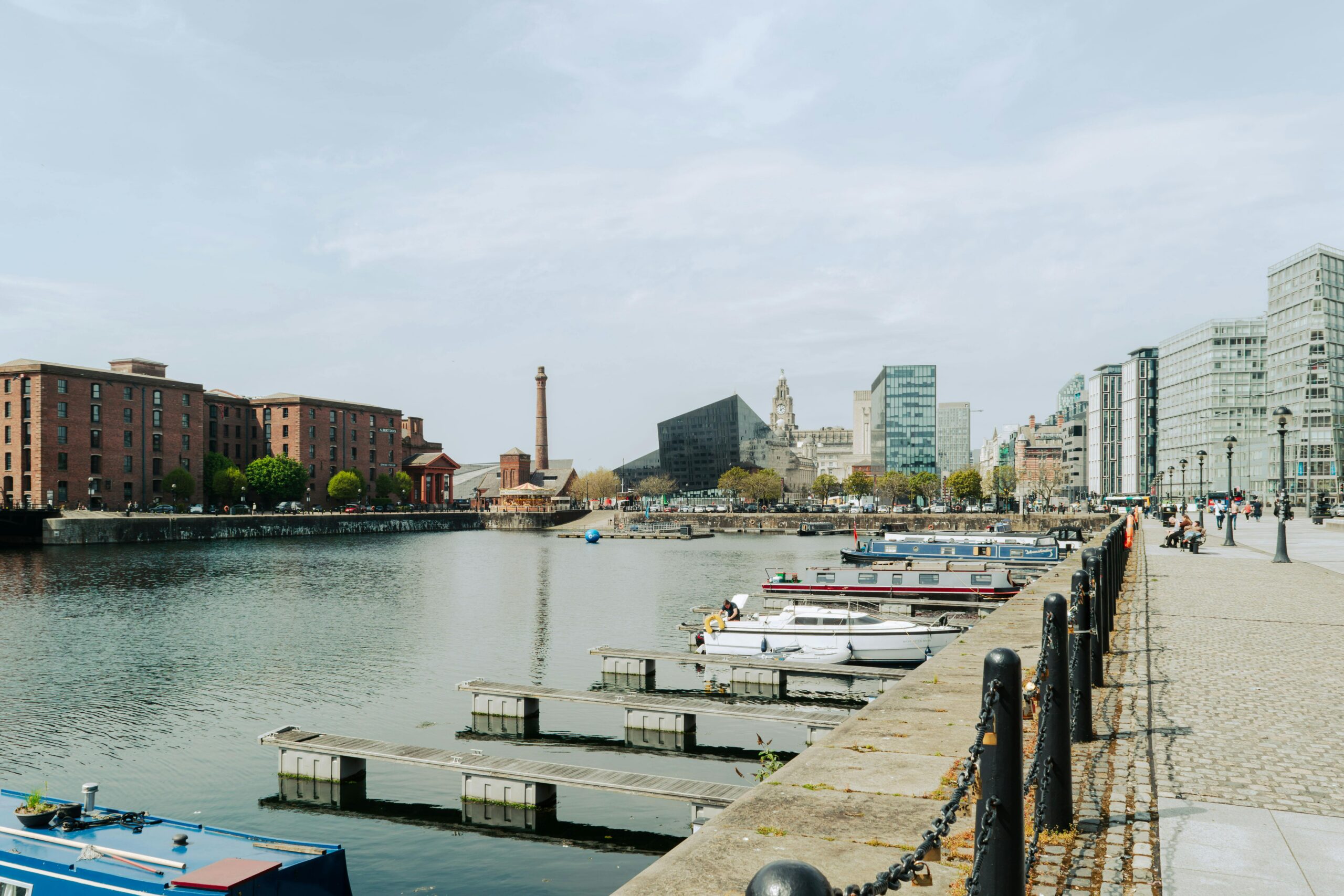An NGO representing roughly 7,000 landlords has called for the Government to put all leases back onto the free market after a transition period of seven years.
This, the Malta Property Owners Association (MPOA) argues, is necessary to avoid more court cases and a waste of taxpayers’ money.
It comes after, in February, Prime Minister Robert Abela announced that landlords of properties covered by controversial pre-1995 rent control measures would be eligible to claim up to two per cent of the property’s market value in rent.
As part of this reform, the Government will, in most cases, subsidise the difference between the old rent and the new one.
The MPOA, however, argues that this is not enough, and says that rent should be upped to 3.5 to five per cent of the property’s market value, and that after seven years, properties are returned to their owners.
These figures, the MPOA argues, are on the lower end of the spectrum themselves, and do not reflect local rent trends set at four to six per cent of the sale value.
The state itself has used these rates in the past, the association claims, since state-financed residential services consider immovable properties to provide an annual income equivalent to 5.5 per cent of their capital value.
These changes should be implemented right away, it says, rather than incrementally, and should be calculated on a property’s potential value, as landlords have been restricted in maintaining and renovating their properties.
Speaking to Times of Malta, MPOA head Mario Debono claimed: “The Government is perpetuating a number of injustices by the ridiculous law which has not taken on any of the conclusions of our discussions”.
“The law will simply send all of us back to the constitutional courts and to the European Court of Human Rights because it is still unconstitutional in that it deprives us of the right to property,” he warned.
Furthermore, he emphasised that a number of the landlords are “contrary to popular opinion”, “not rich”, and that the properties were a way for them to secure income.
Rent control measures previously meant that tenants who entered their rental agreement before 1995 cannot have their tenancy rights challenged, as long as they meet the terms of the rental agreement from their end.
This created a phenomenon where landlords of these properties were unable to raise property rents, even as market prices rose. However, in 2019, a court ruling declared the regulation unconstitutional.
February’s reform aimed to remedy these anomalous rents without forcing tenants out of their long-term homes with the state absorbing up to €10,000 in rent as prices are raised.
At the time, The Malta Chamber welcomed the reform, but said that “certain issues still require further clarification and discussion, not least on the amount budgeted for the implementation of this scheme, which the Malta Chamber deems too low”.
Call for trade mission for Malta-based businesses to Wales and Liverpool
Interested parties are invited to e-mail TradeMalta by not later than Tuesday 17th March
Malta sets birth rate growth targets after years of decline
Vision 2050 envisages gradually increasing birth rate from 1.01 to 1.3 by 2035
Wolt Market unveils refreshed identity in Malta
Expanded partnerships with Maltese producers, upgraded fresh food categories, all in vibrant green – Wolt Market marks a new milestone






